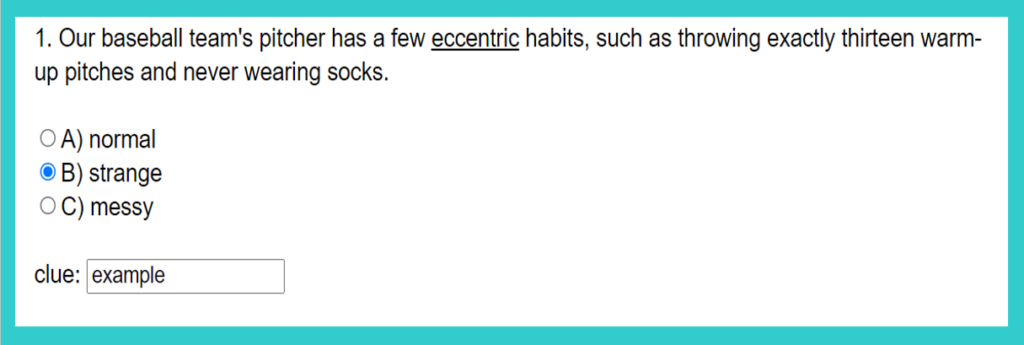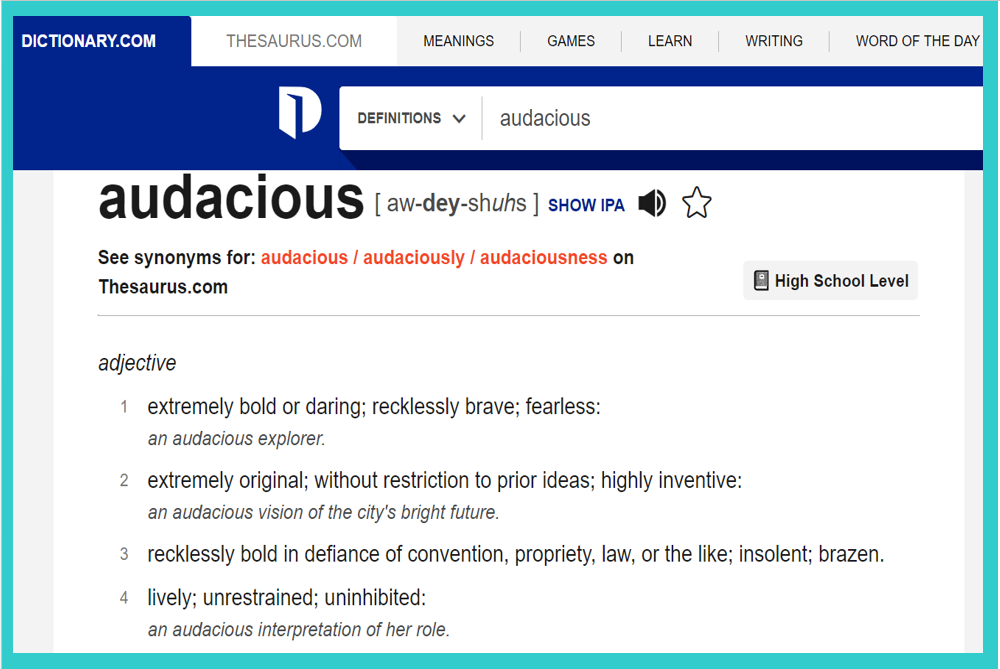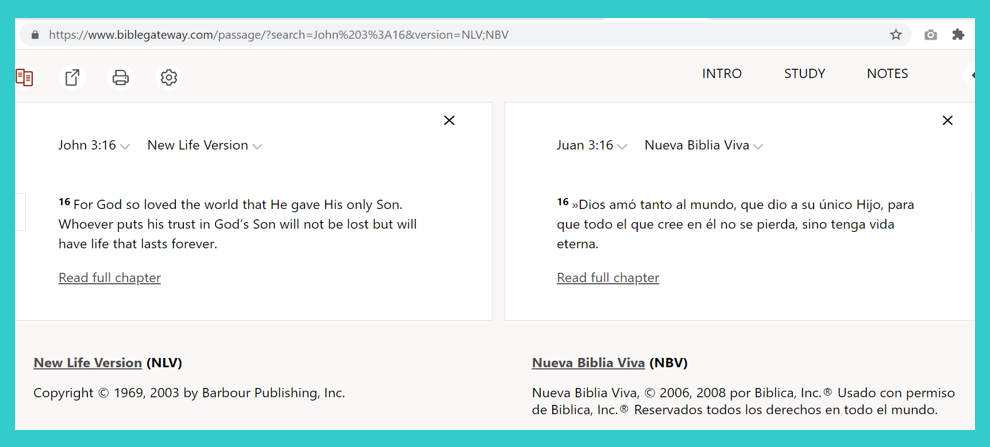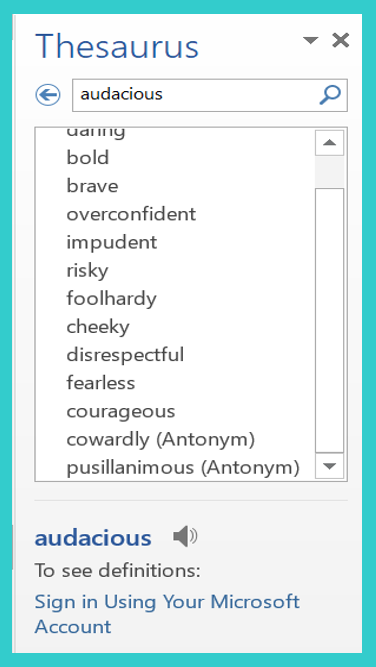Improve English vocabulary intentionally and use them if you want to excel in all skills in English. Follow these vocabulary-building strategies to keep improving.
Improve English vocabulary by making reading a habit.
Reading is one of the best ways to build your vocabulary.
You see words that may be unfamiliar to you and see their usage. This learning of new words is incidental vocabulary learning because you learn the words as a result of reading. The more you read, the more vocabulary you develop.
Reading also provides repeated or multiple exposures to the words you are learning. Reading more will help you encounter the words you are learning.
Your goals in reading are for pleasure and learning. Hence, it is necessary to read a text that is appropriate or suitable to your reading level.
However, your learning of vocabulary can be intentional if you choose materials with word lists and quizzes. Voice of America Learning English (VOA) and Engoo are two websites with text for reading and with a list of words and meanings. VOA, however, provides an audio file for the text and has materials in beginner, intermediate, and advanced levels.
Breaking News English has a phrase match, synonym match, and vocabulary match quizzes. It also has an audio file for each text at different speeds. The texts are also available in 6 levels.
Practice learning the meanings of words through context clues.
When you meet a new word in a text, do not immediately look for its translation or meaning. Get its definition and use of the word through context clues.
A context clue is a hint provided within a sentence or paragraph. This hint helps the reader understand the meaning of a word in the text. A context clue can be a definition, a restatement, an example, or an explanation. It can also be a synonym (a word with similar meaning) or an antonym (a word with the opposite meaning).
If a context clue is not available, continue reading. Just note down the word and guess its meaning. Use the dictionary only after reading to see whether your guess and understanding were correct compared to its definition in the dictionary.
There are many available resources for learning how to get context clues. I suggest that you practice getting meanings of words through context clues.
Here is an example from Grammar Bank.

Avoid translating.
Translating may be advisable for beginners. However, if you are not a beginner, using translation slows down learning.
At the time I was learning the English language, no internet and no Google translation were available. Though we had a Tagalog-English dictionary or an English-Tagalog dictionary, I did not use one. I believe that not translating is one reason that gave Filipinos an edge over some other Asian nations in learning English.
Learning a new word without translation may take longer in the beginning but faster in the long run. Why and how?
Let us use the word audacious as an example. If we translate it to German, we understand it based on our understanding of the German translation.
Most likely, you will not look for additional translations and meanings because you already understood the word.
One possible problem is that a word can have several meanings, and you may get only one translation. Sometimes, it can also happen that an English word does not have a direct translation in another language.
Improve English vocabulary by using English to English dictionary.
Using the English to English dictionary will give us precise meanings, spellings, pronunciation, and sample usage of a word.

Know that one word can be in different parts of speech and can have different meanings. Thus, read the sample sentences or phrases to see how the words are used based on their definition.
As an example, we see that audacious has four different meanings.
The dictionary also shows synonyms and antonyms. If we click each synonym or antonym, we learn more about the word.
If we click “bold”, we will see that the word also has other meanings not similar to audacious. These meanings make us realize that although bold is a synonym of “audacious,” not all the synonyms of the word bold will also be synonyms of “audacious.”
Thus, using English to English dictionary opens us to more words, meanings, differences, and usage. It can also help us become careful with which word to use depending on the idea we wish to convey or express.
Read the Bible with a side-by-side translation in your language.
I recommend reading the Bible if you want to build vocabulary with possible translations in your language. I recommend this because Bible translators carefully did the translations.
One website which I recommend is Bible Gateway where you can get translation on the same page. Here is a sample.

Use the Thesaurus.

A Thesaurus lists words of similar or near similar meanings. If you are using Microsoft word in your writing, the Thesaurus is right there in the application. Click REVIEW and then THESAURUS.
The Thesaurus will appear on the right. Just remember that not all synonyms have exact meanings and usage. That is why I suggest using the dictionary more than the Thesaurus.
Improve English vocabulary by studying word parts: root words, prefixes, and suffixes.
If you become familiar with the word parts, it will be easier to decode a word by breaking it into understandable word parts.
Example
The prefix a- means not or without.
The root word theo means God.
The suffix -ist denotes adherent of a system of beliefs, principles.
From these, we can know that an atheist is someone who does not believe in God.
We can also remember more the meanings of words with similar prefixes.
anarchy: absence or non-recognition of authority (no chief)
anonymous: not identified by name (no name)
apathy: lack of interest, enthusiasm, or concern (no feelings)
aphasia: lack of ability to speak (no speech)
When we understand the logic behind the words, it becomes easier to recall words learned and their meanings.
There are lists of root words, prefixes, and affixes available on the internet. Get them if you intend to pass SAT and the like.
Use mnemonics.
Mnemonics are techniques you can create to help you remember more what you are learning.
For example, when I was teaching my students the word audacious, I told them about Children of Heaven, where two siblings–a boy and a girl–were sharing one pair of shoes. The boy joined a running race where the third prize was a pair of sneakers.
He tried to win third place but got first place instead. With the shoes worn out and not winning the prize he wanted, he got so disappointed. In the end, however, their poor father was able to buy both of them their shoes.
Now how does the story help in remembering audacious? The word means daring and sounds like o they shoes or o dare shoes. Thus, we thought the boy dared to run the race because of his dire need to get the shoes.
Improve English vocabulary by learning and using words by topics.
It is easier to remember words by topic. Whenever you read a text on a topic, list the words that are new or less familiar.
For example, here is a list of words related to marketing:
ad, advert, advertise, advertising, advertisement, TV commercial, billboards, promotions, direct mail, pop-ups, digital marketing, social media marketing, email marketing, flyers, brochures, telemarketing, celebrity endorsement, sponsorship, covert advertising, transit advertising, etc.
You can move on to discussing or writing something on the topic using the words in the list. For example, write about the advantages of each form of marketing or advertising method.
Be creative in remembering the words you learn.
- Make a list of words with meanings every day or every week.
- Post the list anywhere you can always see.
- Use them when writing and in conversations.
- Create mnemonics with friends.
- Play vocabulary games alone or with friends.
When you have a list on paper, you can post them on the toilet wall, bedroom door, or beside a mirror. Post them wherever you can have a chance to look at the list. Whenever you sit on the toilet bowl, read the list and make sentences using the words. Whenever you open and close the bedroom door, take some time to read the words on the list. When you brush your teeth or brush your hair in front of the mirror, read the word list. The more you see the words, the more you remember.
Play vocabulary games and quizzes.
I used to play Scrabble, a board game, with my siblings when we were young. Intending to learn unusual words with letters of higher point values, I often visited the dictionary to check if what I was trying to form existed.
I also used to do vocabulary quizzes on Reader’s Digest. These short tests are available in the monthly subscription and in a book that you can purchase.
Nowadays, there are many vocabulary games and quizzes available online. Try them alone or with friends and colleagues.
Use every possible resource available.
A long time ago, we had to buy newspapers, magazines, and books. We also had to go to libraries to access more reading materials.
Nowadays, almost everything is available at our fingertips through the internet.
Here are some other websites for vocabulary learning.
Final suggestions
There is no excuse for not learning new words. The only things needed to improve your English vocabulary are motivation, determination, and discipline. Have these three things and follow the above suggestions. Then you will be like a walking dictionary soon.


